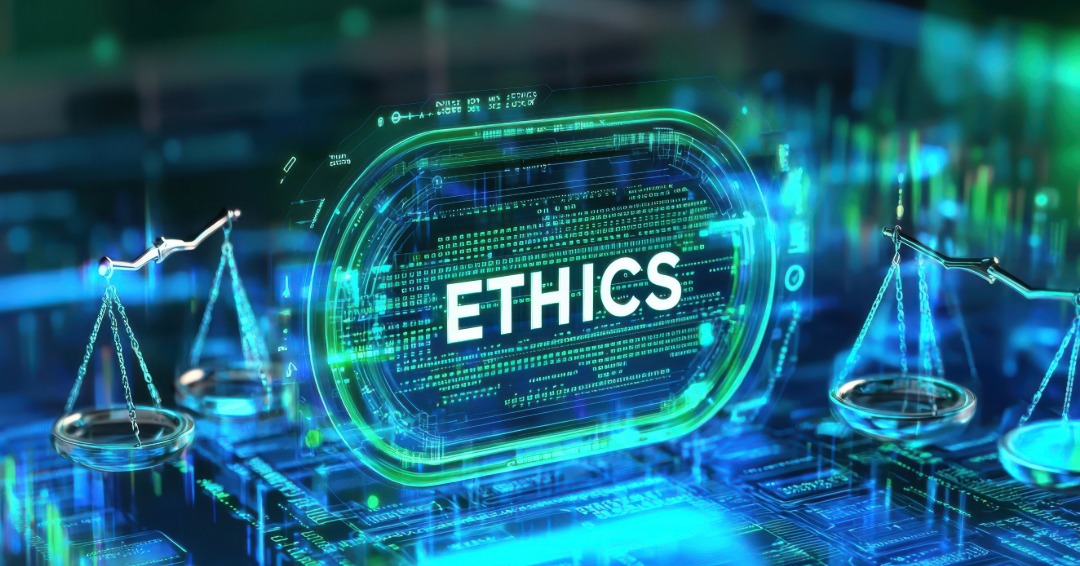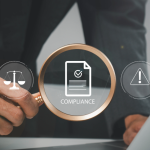In an era where technology is revolutionizing every aspect of business, governance frameworks are also evolving rapidly. Artificial intelligence, big data analytics, and automation tools are empowering organizations to make faster, more informed decisions. However, as technology takes a more prominent role, it is essential to remember that human judgment and ethical considerations must remain at the heart of governance.
Why Technology Alone Isn’t Enough
Technology can process vast amounts of data, identify patterns, and even predict risks with impressive accuracy. Tools like AI-driven dashboards, automated compliance checks, and blockchain-based record-keeping are transforming oversight by increasing efficiency and transparency.
Yet, governance is fundamentally about accountability, values, and trust — domains where technology can assist but not replace human insight. Ethical dilemmas, contextual nuances, and cultural considerations require empathy, experience, and critical thinking that only people can provide.
The Ethical Challenges of Tech-Driven Governance
As organizations adopt more technology, several ethical challenges arise:
- Bias and fairness: AI systems can inadvertently perpetuate biases present in their training data.
- Privacy concerns: The collection and analysis of personal data must respect individual rights.
- Transparency: Automated decisions need to be explainable and understandable.
- Accountability: Clear responsibility must be assigned when decisions involve automated tools.
- Inclusivity: Ensuring all stakeholders have a voice, including marginalized groups, is critical.
Balancing these concerns with technological capabilities requires a governance framework that integrates robust ethical guidelines with human oversight.
How Governance Can Blend Tech and Ethics
Effective governance frameworks today adopt a hybrid approach:
- Smart technology as a tool: Leveraging tech to enhance data accuracy and operational efficiency.
- Human oversight as a safeguard: Ensuring decisions align with ethical standards, values, and organizational culture.
- Regular audits and reviews: Continuously assessing AI outputs and governance processes for fairness and compliance.
- Stakeholder engagement: Incorporating diverse perspectives in governance decisions.
- Clear policies: Defining boundaries and protocols for technology use in governance.
MPG: Integrating Technology with Best Governance Practices
At My Premium Governance (MPG), we recognize the critical balance between technological innovation and ethical human judgment. Our platform is designed to blend smart, automated tools with governance best practices, ensuring that while technology streamlines oversight, human insight remains central to every decision.
MPG offers:
- Advanced monitoring dashboards coupled with expert human review.
- Ethical compliance modules tailored to your industry.
- Collaborative tools to foster transparent, inclusive decision-making.
- Support for lifecycle governance that emphasizes responsibility and accountability.
The Future of Governance Is Human-Centric and Tech-Enabled
As governance evolves, success lies in embracing technology without losing sight of humanity. By balancing innovation with ethics and human values, organizations can build trust, enhance accountability, and navigate complex challenges confidently.



